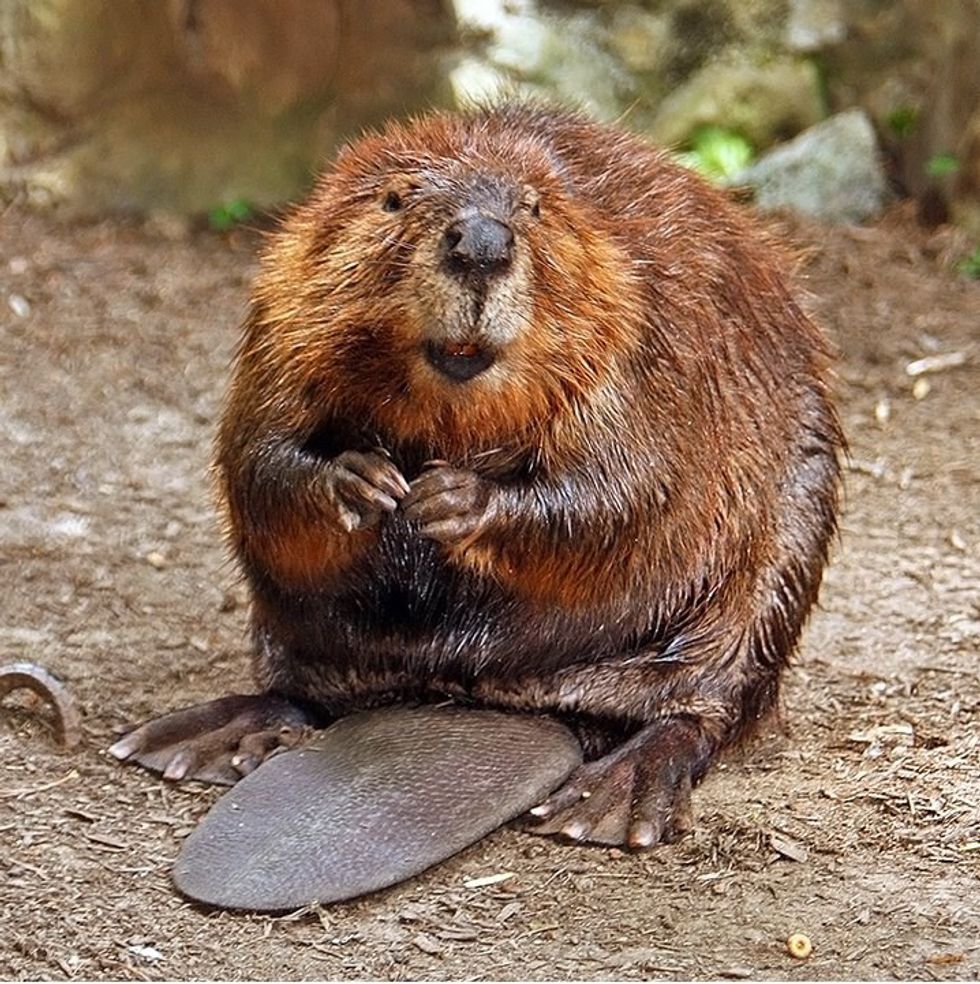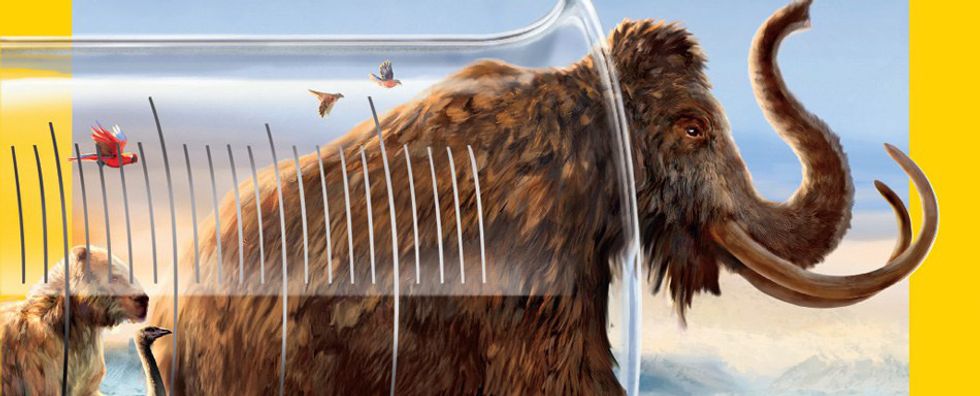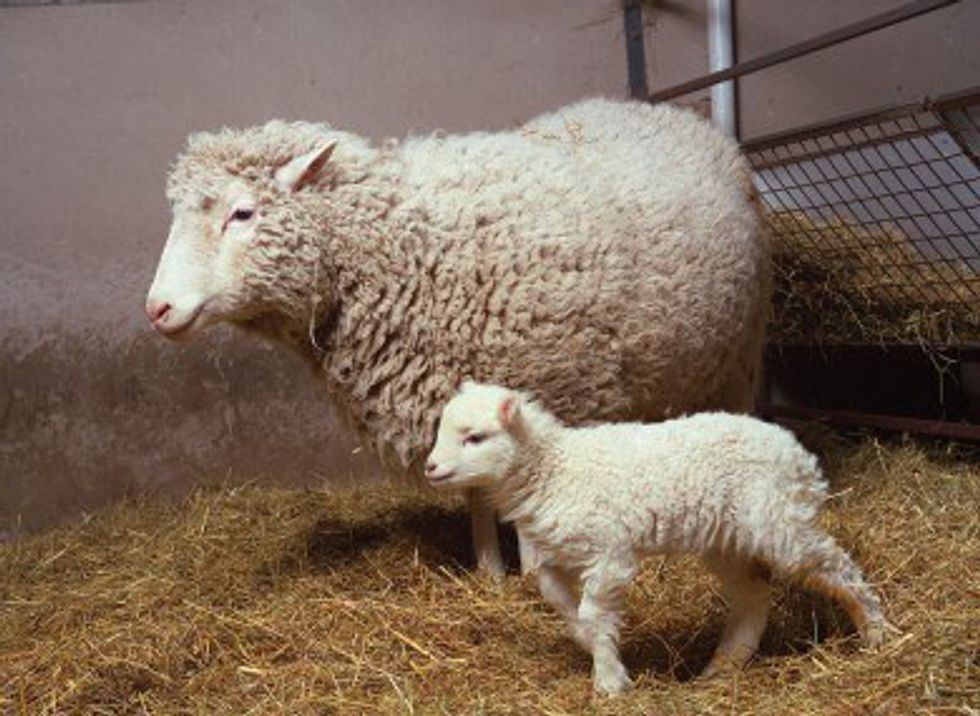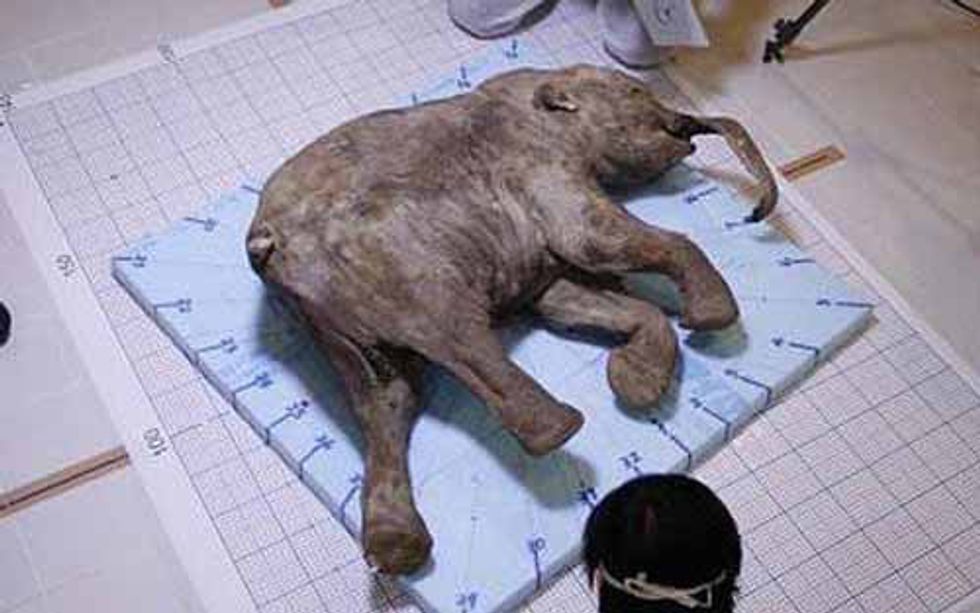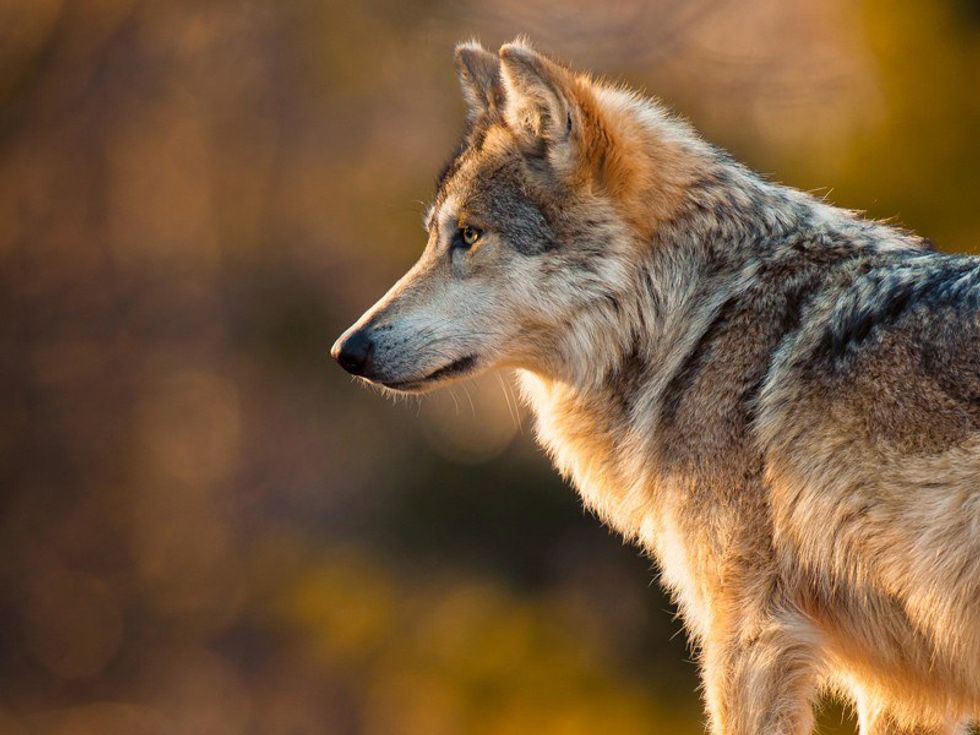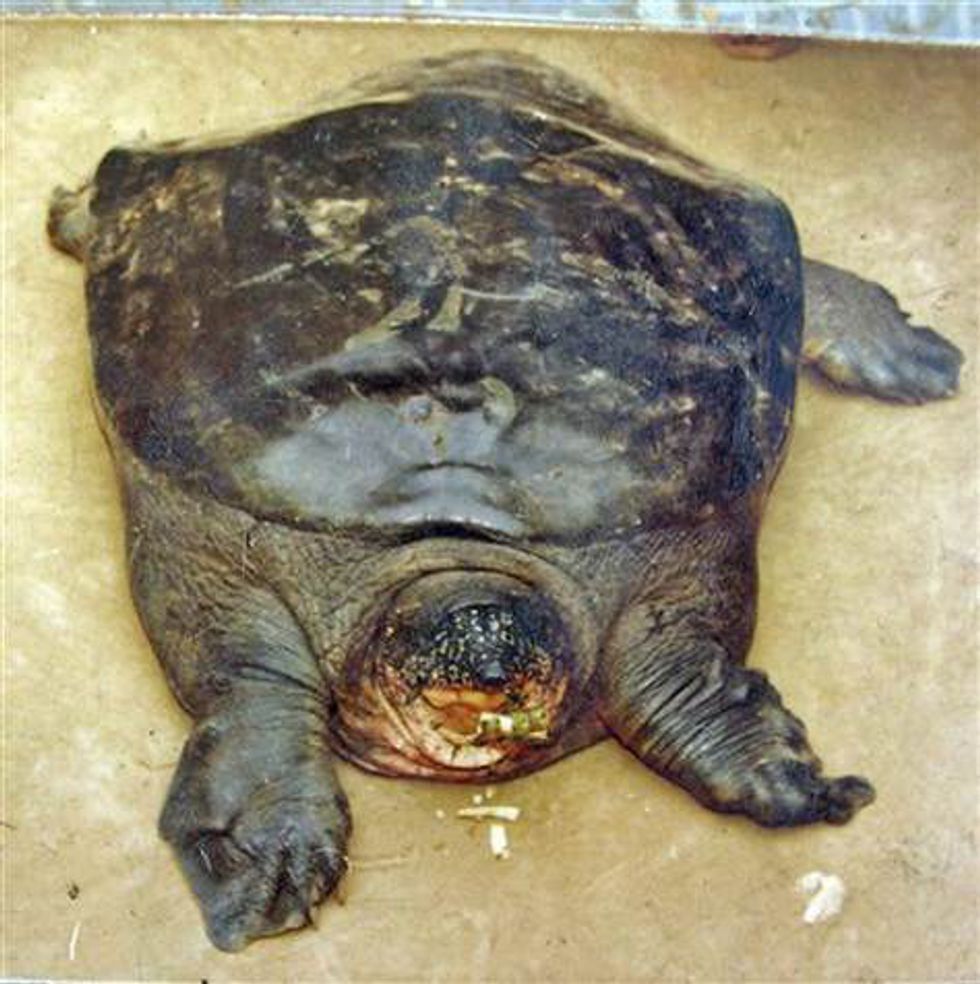Ever wonder what it would be like to walk the planet with some of the animal species that are extinct today? Woolly mammoths and dinosaurs are some of the most extreme that might come to mind, but there’s also the more recently extinct species, or the ones that are seemingly not-so-different from some that still exist today. The saber tooth tiger or the passenger pigeon- even the woolly mammoth is kind of like a giant furry elephant, right? But, the world with these animals would be so different; each and every species has their own impacts on the environment and ecosystems, ranging from making small differences, like what plants might flourish in their surrounding areas, to huge impacts in their habitats.
One species might be the main ingredient to keeping hundreds of types of insects living, or to keeping a system going. If the beaver were to be extinct, for example, it would be difficult for so many animals in the same ponds to survive the winters, as it is their dams that provide food and shelter from the ice throughout the cold season.
Extinction of any species is a big deal, but what about the de-extinction of those same species? Sounds like some far out sci-fi film idea…but how far out is it? The bringing back of some of these since past animals has been rapidly progressing in recent years and may not be so out-of-reach, but what would the impact be, if we brought the dodo bird back, for example? The de-extinction of such species may carry more potential harm to themselves, as well as others still walking the planet than any sum of its possible benefits would be worth.
You may have heard of Dolly the Sheep, the first successful case of animal cloning ever. The uproar the procedure caused was mainly due to ethics. Was the quality of life the cloned sheep encountered as good as a new, natural born sheep? This question was raised from the unknowns of the experiment. As this was something new, the sheep was to be living "under a microscope" with constant testing and experimentation. In the end, Dolly developed many problems, like early arthritis and lung cancer. Would this sheep have grown so many complications if it was not a product of a cloned, test tube embryo?
More recent research has shown that we may be able to produce one extinct species from a similar, still existent one. The woolly mammoth, for example, may be able to be reintroduced by taking an Asian elephant embryo and replacing one link or recovered genome of the ice age version one at a time until an entire woolly mammoth embryo is formed. This, however, would take millions of consecutive flawless DNA link replacements, which is very unlikely, but still in the works.
So, should we carry on? Should we continue to put the time, research, and large investments into this new idea of reintroduction?
Similar to Dolly the Sheep, these revived species would have to live research facility lives, most likely in seclusion, one or two of the animal at most. This is not the way to live a fully fulfilled life for a human, nor an animal. Woolly mammoths, which are at the center of the movement at the moment, were known to be highly independent and social mammals. Would the animal be able to even live long, then, if it becomes so unhappy being the sole survivor of its kind? Could it even die of depressive symptoms? And if it does continue to live, what benefits could its revival bring and will these benefits outweigh any unhappiness the mammoth encounters?
That is not to say that reintroduction would have no benefits. The Gray Wolf, for example, has recently been successfully rehabilitated back into Yellowstone National Park. The wolf has shown growth in the ecosystem since then, with surrounding plants flourishing and stemming healthy, as well as other species to thrive with the "fixed" food chain.
While bringing species back into their originating habitats may be beneficial in some cases, like with the Gray Wolf, how can we be sure this is true with others? A species so far gone, 20,000 years or more, comes with a mighty wide range of possible side effects. Sure, some may impact its surrounding ecosystems positively, but there is more room for the negative effects, or for error. The revival of a species so foreign may cause a whole chain reaction of endangerment and possible extinction of other organisms.
Not only will their existence in the environment affect other species, but the cost it will take for the de-extinction may take away from current conservation efforts. Why not continue to use this spending on the saving of currently endangered species, and preventing them from becoming extinct as well? Or in conservation in terms of global warming, so that less animals will continue to become endangered in the first place?
This is also an even greater concern if de-extinction becomes a "trend". With the availability of such a science, it may become less relevant to spend on saving endangered species if we can simply revive them when they do become extinct.
Of more pressing concern might be with a scenario of this: Someone with great wealth and of no compassion (Donald Trump, for example) wants to build a golf course. They want it riiiiight here, right at the only known location of this endangered soft-shell turtle; it is the perfect spot. Thank GOD de-extinction is the current trend! We will just freeze the remaining turtles, or maybe just a few cells for genome mapping, and bring them back in 50 years when someone else feels like it!
... No! This is a very possible problem.
So, with all these items in mind, the potential risks, benefits, harms, happiness/unhappiness, and unknowns, the question is, should we do it? Should we bring back species that no longer exist on Earth today? And do we even have the right when we, as humans, have so much to blame for their extinctions in the first place?


